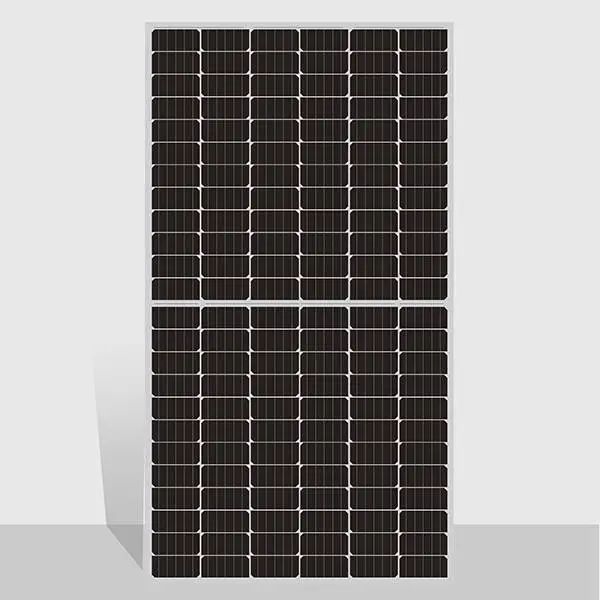Many companies now find that sourcing goods from China is a necessary tactic in today’s competitive global market. Knowing the nuances of wholesale China will help suppliers or retailers in terms of cost control, product diversity, and general company expansion. This blog looks at the strategic benefits of interacting with Chinese wholesale suppliers as well as how this might affect company operations.
The Benefits of Purchasing from China’s Wholesale Market
Purchasing goods from wholesale China presents several benefits, so many companies choose it. The main advantage is financial effectiveness. When offering products at far lower rates than other marketplaces, Chinese manufacturers often enable companies to maximize their profit margins. Affordable labor, innovative manufacturing technologies, and large-scale production capacity help to explain China’s reduced manufacturing costs.
Another benefit is the great range of products that wholesale China offers. China provides various choices to satisfy particular needs regardless of whether the firm trades in electronics, fashion, home goods, or other consumer products. This variety helps companies expand their product lines and serve a larger clientele, improving market competitiveness.
Large-scale China transactions are made possible by technology in the digital age. Without physical travel, online platforms and markets have helped companies to link with Chinese suppliers, evaluate product offers, and negotiate transactions. These systems give companies access to a large supplier network to keep competitive pricing and locate the finest offers.
Supply chain management software is another technical development that has changed wholesale China transactions. These instruments help companies monitor orders, control inventories, and streamline shipping procedures, guaranteeing a seamless supply chain. Using technology allows companies to improve their operational effectiveness and lower the expenses related to China sourcing.
Reducing Risk in Wholesale China-Sourced Products
Maintaining long-term business success in wholesale China depends on forming close relationships with dependable suppliers. Better pricing, consistent product quality, and access to special items can all follow from these alliances. Establishing confidence with vendors calls for open communication, quick payments, and a dedication to shared development.
Negotiating long-term contracts that specify the parameters of the partnership—including pricing, delivery timetables, and quality standards—allows one another another way. For both sides, these agreements give stability and security, lowering the possibility of conflicts and guaranteeing a consistent supply of goods.
Although buying from China has numerous benefits, it’s crucial to be aware of the possible risks and act to minimize them. One of the toughest issues companies dealing with Chinese suppliers deal with is quality control. Strict quality control policies, including pre-shipment inspections and outside testing, will help to guarantee that goods satisfy the necessary criteria.
Supply chain interruptions—which can arise from political events, natural disasters, or trade policy changes—also pose a threat. Maintaining a buffer inventory and spreading the supplier base will help to reduce these hazards and guarantee business continuity.
Finally, companies have to be alert regarding intellectual property (IP) protection when procuring from wholesale China. Registering trademarks and patents in China and collaborating with vendors who value intellectual property rights will help protect the company’s inventions.
Conclusion
Though it involves careful planning, strategic alliances, and risk management, sourcing from wholesale China presents great chances for company expansion. Understanding the complexity involved and using technology can help companies negotiate the wholesale China scene and attain long-term success effectively. Maximizing the advantages of wholesale China for business operations depends on developing close ties with trustworthy suppliers, putting strong quality control policies into effect, and keeping current with market developments.
